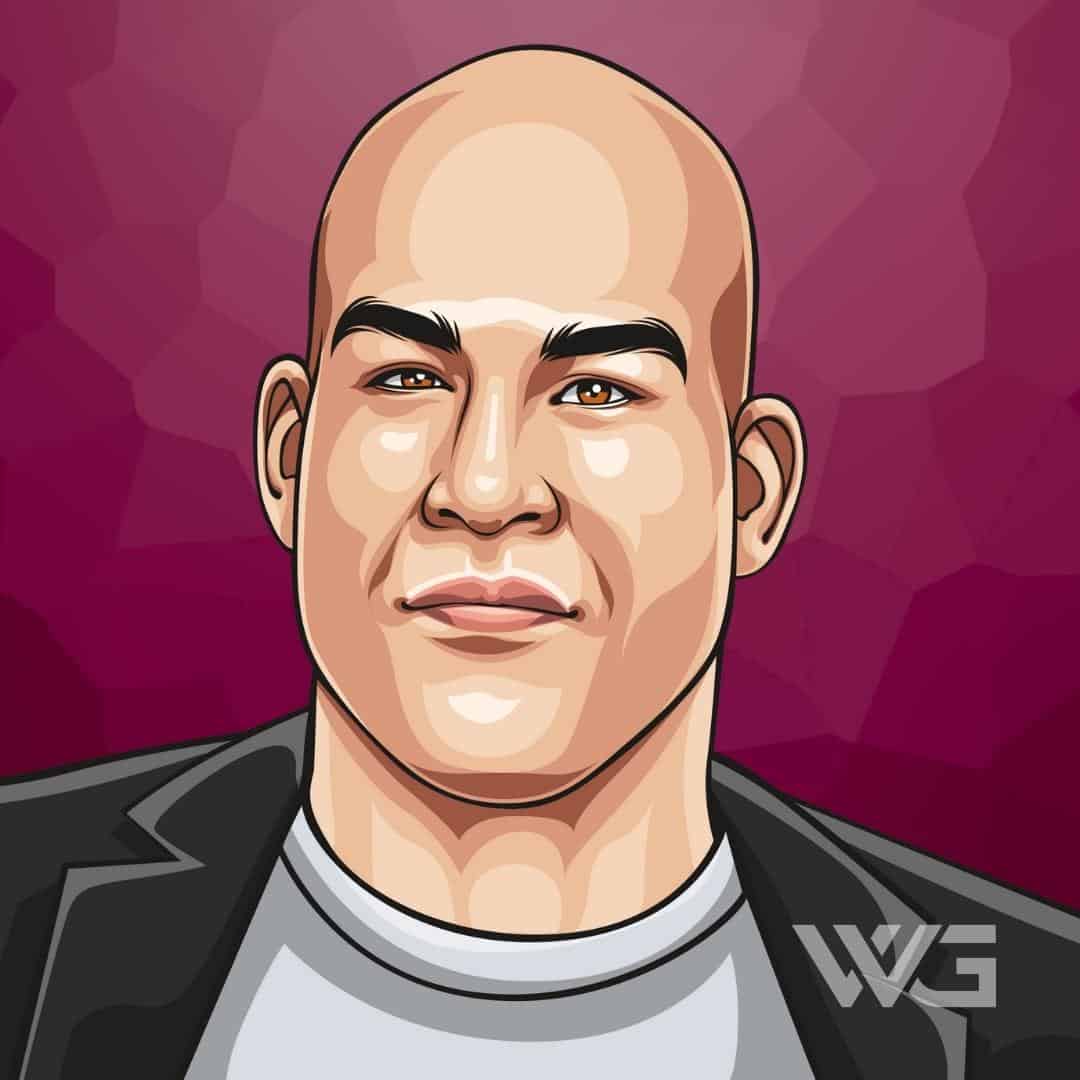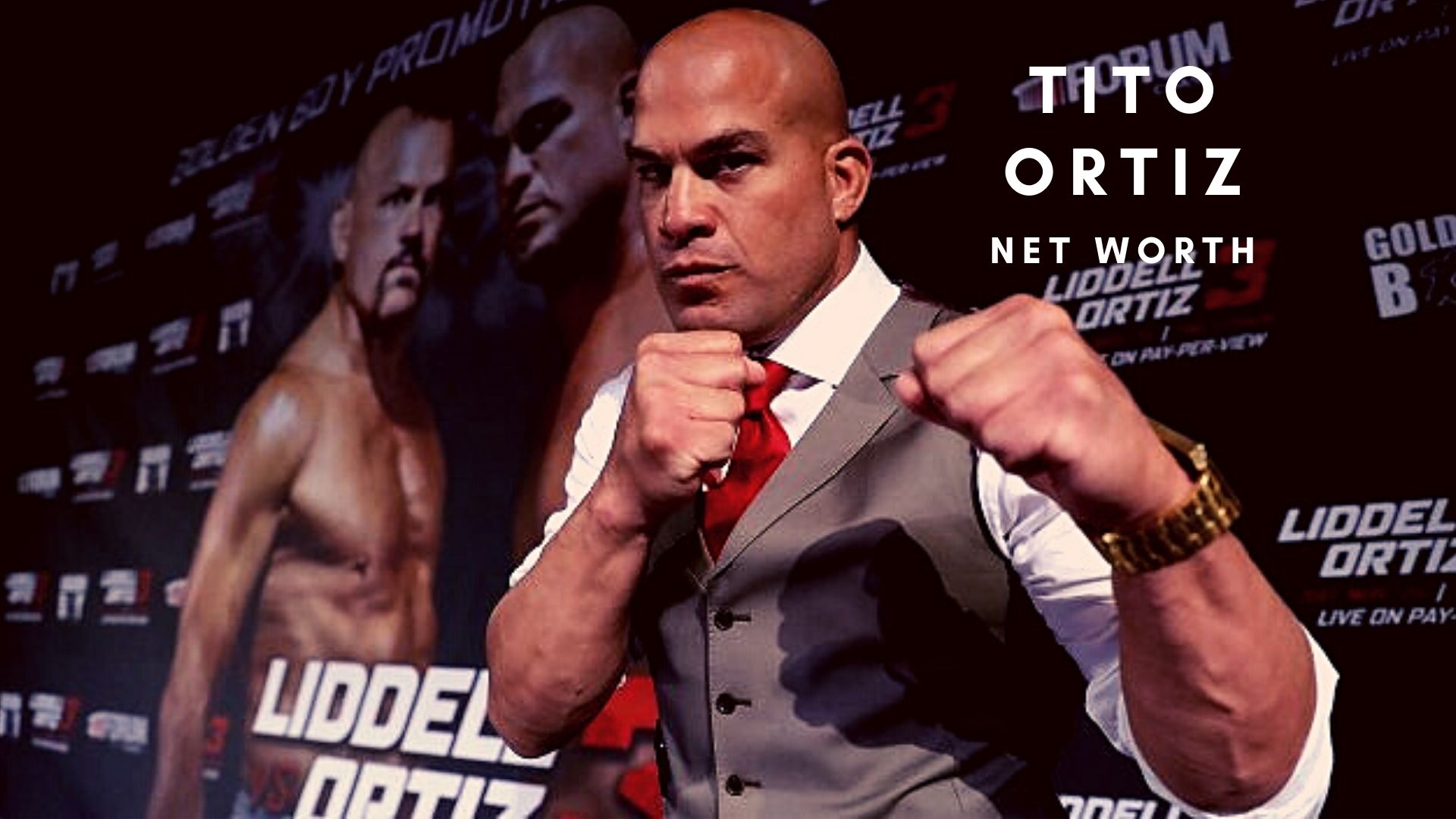Unraveling 'Tito Beveridge Net Worth': The Enduring Legacy Of Josip Broz Tito
When folks search for "tito beveridge net worth," it's pretty interesting how often they might stumble upon a completely different, yet equally compelling, historical figure: Josip Broz Tito. While the name "Tito Beveridge" brings to mind a well-known spirit, the historical "Tito" was a powerful statesman, a revolutionary who shaped a nation and, in a way, the course of the 20th century. So, you know, it's almost a common point of confusion for many.
Our journey here isn't about personal fortunes in the typical sense, because for a leader like Josip Broz Tito, the idea of a "net worth" simply doesn't quite fit the picture. His life wasn't about accumulating personal wealth; it was about leading a country, establishing a unique political system, and standing firm on the global stage. He was, to put it mildly, a truly remarkable individual.
This article aims to clear up some of that common mix-up. We'll be looking closely at the incredible life and lasting influence of Josip Broz Tito, the Yugoslav revolutionary and statesman. We'll explore his rise to power, his bold defiance of the Soviet Union, and the special kind of communism he brought to Yugoslavia, all drawn from historical accounts.
Table of Contents
- Early Life and a Remarkable Rise
- Leading Yugoslavia: A Path of Independence
- Tito's Unique Brand of Communism
- Josip Broz Tito: Personal Details and Biography
- The Question of 'Net Worth' for a Communist Leader
- Frequently Asked Questions About Josip Broz Tito
Early Life and a Remarkable Rise
Josip Broz, who we know better as Tito, was born in 1892. You know, he came into the world at a time when Europe was on the brink of massive changes. When World War I began, he was just 22 years old, and he quickly showed himself to be a rather capable and athletic soldier. This early experience, one might say, gave him a firsthand look at conflict and struggle, which would shape his future.
His journey into leadership truly took off during World War II. It's interesting to note that he adopted the pseudonym "Tito" around 1935, a name that would become synonymous with Yugoslav independence. When the Axis powers, led by Germany and Italy, occupied and then split up Yugoslavia in April 1941, it created a real chance for armed resistance. Tito seized this moment.
He had the main part in getting the Yugoslav People's Liberation Army organized, and it was this force that played a huge role in freeing Yugoslavia. Their determined efforts were, in fact, recognized by the Allies of World War II as the true liberators of Yugoslavia. As Marshal from 1943, he really tightened communist control across the country. His mother was Slovene, but he always spoke his Croat father's language in public, which is a little detail that tells you something about his background.
Leading Yugoslavia: A Path of Independence
Following Yugoslavia's liberation in 1945, Josip Broz Tito quickly stepped into a leading role. He served as the country's Prime Minister from 1945 to 1963, and then as President from 1953 until his passing in 1980. This was a pretty long time at the helm, to say the least. During these years, Yugoslavia was surrounded by nations that were either very loyal to or quite afraid of Stalin, but Josip Broz Tito, apparently, never gave in to that pressure.
He holds a special place in history as the very first communist leader in power to openly challenge Soviet dominance. This was a really big deal, considering the Cold War landscape. He was a strong supporter of countries finding their own paths to socialism, rather than simply following Moscow's lead. This idea, you know, was quite revolutionary at the time.
Furthermore, Tito was a key figure in promoting the policy of nonalignment. This meant not siding with either of the two big, hostile blocs during the Cold War. Yugoslavia, under his guidance, never fully joined Comecon, the Soviet-led economic organization. This was a very clear sign of his country's independence from the Soviet Union. He also openly rejected many aspects of Stalinism, which was a pretty bold move for a communist leader.
Throughout his time in office, Tito took great pride in Yugoslavia's ability to remain independent from the Soviet Union. This steadfast position was, in some respects, a defining feature of his leadership. It allowed Yugoslavia to forge its own distinct identity on the global stage, which was quite a feat for a smaller nation caught between two superpowers.
Tito's Unique Brand of Communism
Josip Broz Tito brought his own particular style of communism to Yugoslavia, one that was, you know, a bit more relaxed than what you'd find in other Eastern Bloc countries. This approach enabled his country to enjoy pretty good relations with non-aligned nations, which was very different from the usual Cold War divisions. It truly set Yugoslavia apart.
Under his leadership, Yugoslavia became a notable example of a nation that, while communist, managed to maintain a degree of openness and flexibility. This distinct path, you see, allowed for some economic and social policies that differed significantly from the more rigid models found elsewhere in the communist world. It was, arguably, a fascinating experiment in statecraft.
Yugoslavia's Josip Broz Tito was, undoubtedly, one of the most celebrated figures of the 20th century, not just in the Balkans but across countries from both sides of the Iron Curtain. Much like any prominent historical figure, this communist leader still sparks a lot of discussion and, quite frankly, curiosity today. His influence was widespread, and his policies left a lasting mark on his nation and beyond.
Josip Broz Tito: Personal Details and Biography
| Detail | Information |
|---|---|
| Full Name | Josip Broz |
| Commonly Known As | Tito |
| Born | 1892 |
| Died | 1980 |
| Nationality | Yugoslav (Croat father, Slovene mother) |
| Key Roles | Yugoslav revolutionary, statesman, Marshal, Prime Minister (1945-1963), President (1953-1980) |
| Key Achievements | Organized Yugoslav People's Liberation Army, liberated Yugoslavia, defied Soviet hegemony, promoted nonalignment, established a communist government in Yugoslavia. |
The Question of 'Net Worth' for a Communist Leader
When we talk about "tito beveridge net worth," we're usually thinking about the personal financial assets, investments, and wealth accumulated by an individual in a market economy. However, for a figure like Josip Broz Tito, whose life was completely dedicated to leading a communist state, this concept of a personal "net worth" simply doesn't apply in the same way. It's a very different kind of situation, you know.
In a communist system, especially one like Yugoslavia's, the means of production and most significant assets were owned by the state or managed collectively. Leaders like Tito drew their power and influence from their official positions and control over state resources, not from personal business ventures or private fortunes. So, while he commanded immense power and lived in comfort befitting a head of state, it wasn't about building up a personal bank account in the way a modern entrepreneur would.
The information provided about Josip Broz Tito focuses entirely on his political and military career, his leadership roles, and his impact on Yugoslavia and global politics. There is absolutely no mention of personal financial assets, private businesses, or any kind of "net worth" figure in the traditional sense. This is pretty typical for historical figures who served as heads of state in communist countries, where personal wealth accumulation was not the public norm or goal for leaders.
His "wealth," if you want to think of it that way, was in his political authority, his ability to steer a nation, and his significant standing on the international stage. He was, in a way, the architect of a unique national identity, and that, arguably, was his most valuable contribution. To try and put a monetary figure on that kind of influence would be, well, a little beside the point, wouldn't it?
Understanding Josip Broz Tito means looking beyond typical financial metrics and instead appreciating his profound historical impact and the complex political landscape he navigated. His legacy is one of defiance, independence, and a unique national experiment, rather than a story of personal riches. You can learn more about on our site, and delve deeper into this very discussion .
Frequently Asked Questions About Josip Broz Tito
Who was Josip Broz Tito?
Josip Broz Tito was a Yugoslav communist revolutionary and politician. He served as the premier or president of Yugoslavia from 1945 until his death in 1980. He was, you know, a pivotal figure in shaping Yugoslavia's post-World War II identity and its unique path in the Cold War.
How did Tito defy the Soviet Union?
Tito defied Soviet hegemony by promoting independent roads to socialism and advocating for a policy of nonalignment between the Cold War's hostile blocs. He famously rejected many aspects of Stalinism and ensured Yugoslavia never accepted full membership in Comecon, which was a very bold stand.
What was Tito's role in World War II?
In World War II, Tito, using his adopted pseudonym, proved to be an incredibly effective leader of Yugoslav partisans. He played the leading role in organizing the Yugoslav People's Liberation Army and liberating Yugoslavia from Axis occupation. Their struggles were, in fact, recognized by the Allies as the true liberators of the country. For more historical context, you might want to check out resources like Britannica's entry on Josip Broz Tito.

Tito Ortiz's Net Worth (Updated 2024) | Wealthy Gorilla

Quote of The Day: Tito Beveridge

Tito Ortiz